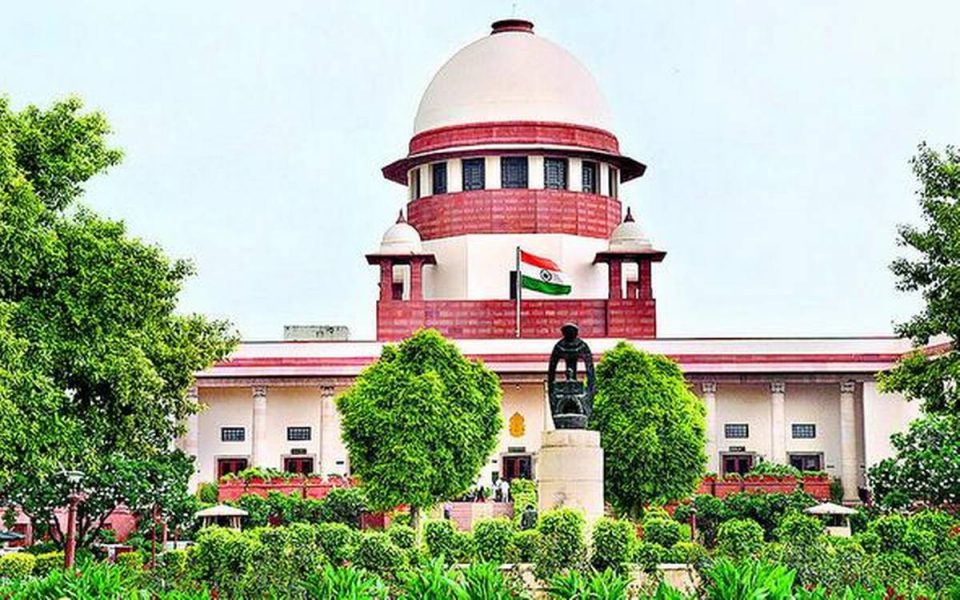
Demonetisation: SC asks RBI for quorum details of its meeting

The Supreme Court on Monday (December 5) asked the Reserve Bank of India to provide quorum details of its Central Board meeting that had recommended the demonetisation of 500 and 1,000 rupee currency notes in 2016.
A five-judge Constitution Bench told the RBI’s counsel to share the details regarding the quorum. Asking how many members were present, Justice BR Gavai said,” There should be no difficulty in telling us.”
According to the RBI Act, it is RBI’s Central Board that recommends to the Central government about the demonetisation of notes or for any series of bank notes of any denomination to stop being legal tender.
Media reports said that senior advocate P Chidambaram, who was arguing on behalf of petitioners challenging the Centre’s 2016 demonetisation policy, told the court earlier that clearly the regulations mandating a quorum haven’t been followed. Also, the details of the meeting and the quorum haven’t been shared by the government and the RBI.
Further, Chidambaram pointed out that there was no disclosure about who had attended the Central Board meeting, and whether sufficient notice was given to them.
Also read: PM yet to acknowledge the epic failure of demonetisation move: Kharge
However, senior advocate Jaideep Gupta, who was appearing for the RBI, submitted to the SC that the process laid down by the RBI Act to make a recommendation to the Centre was followed and the prescribed quorum was met. But, the petitioners had argued that there were several vacancies at that time and asked whether members had participated in the meeting or not as per the regulations.
Gupta accused Chidambaram of ‘fishing’ with this kind of an argument because there was no reason to say that quorum wasn’t met. To which, Justice Gavai asked, “How many members were present? There should be no difficulty in telling us.”
Gupta agreed to give the information saying that there was no difficulty in doing so and he would write it on paper and give it to the court.
According to P Chidambaram, the Centre and the RBI were withholding information about the said meeting. He wanted to know why the RBI counsel wasn’t placing the information before the court then? “And why they were not showing it to court? What are they holding back? What are they hiding?” asked Chidambaram.
Also read: Six years since demonetisation, massive jump in cash with public at Rs 30.88 lakh cr
Gupta maintained that it was the RBI that gave the recommendation. The RBI’s Central Board had met and decided to recommend, and once that recommendation went to the Centre, it decided to act. Therefore, the process was followed, he said.
As for the argument that the decision was taken in two days, Gupta argued that the Central Board had certain information readily available and when it made the recommendation, it didn’t have to start from scratch. He compared it to the Supreme Court, saying that momentous decisions are taken in the SC in a matter of minutes.
His comparison was not liked by the court. Justice S Abdul Nazeer reprimanded him to say that he cannot compare this court to the RBI. “Here we hear lawyers in open court and pass orders. For a miscellaneous day, you know we read for how many cases?” asked Justice Nazeer.
Gupta pointed out that without confidentiality and speed demonetisation cannot succeed. Because of the time or speed, it doesn’t make it wrong, he added.
On the issue of the cut-off date, the Attorney General Venkataramani said that the integral integrity of the decision-making process would have been diluted if there was no cut-off date. It was not done in an arbitrary manner done with eyes closed to the hardships caused to the public, said the AG adding that however it was impossible in a matter of this magnitude to take into consideration all different possibilities.

